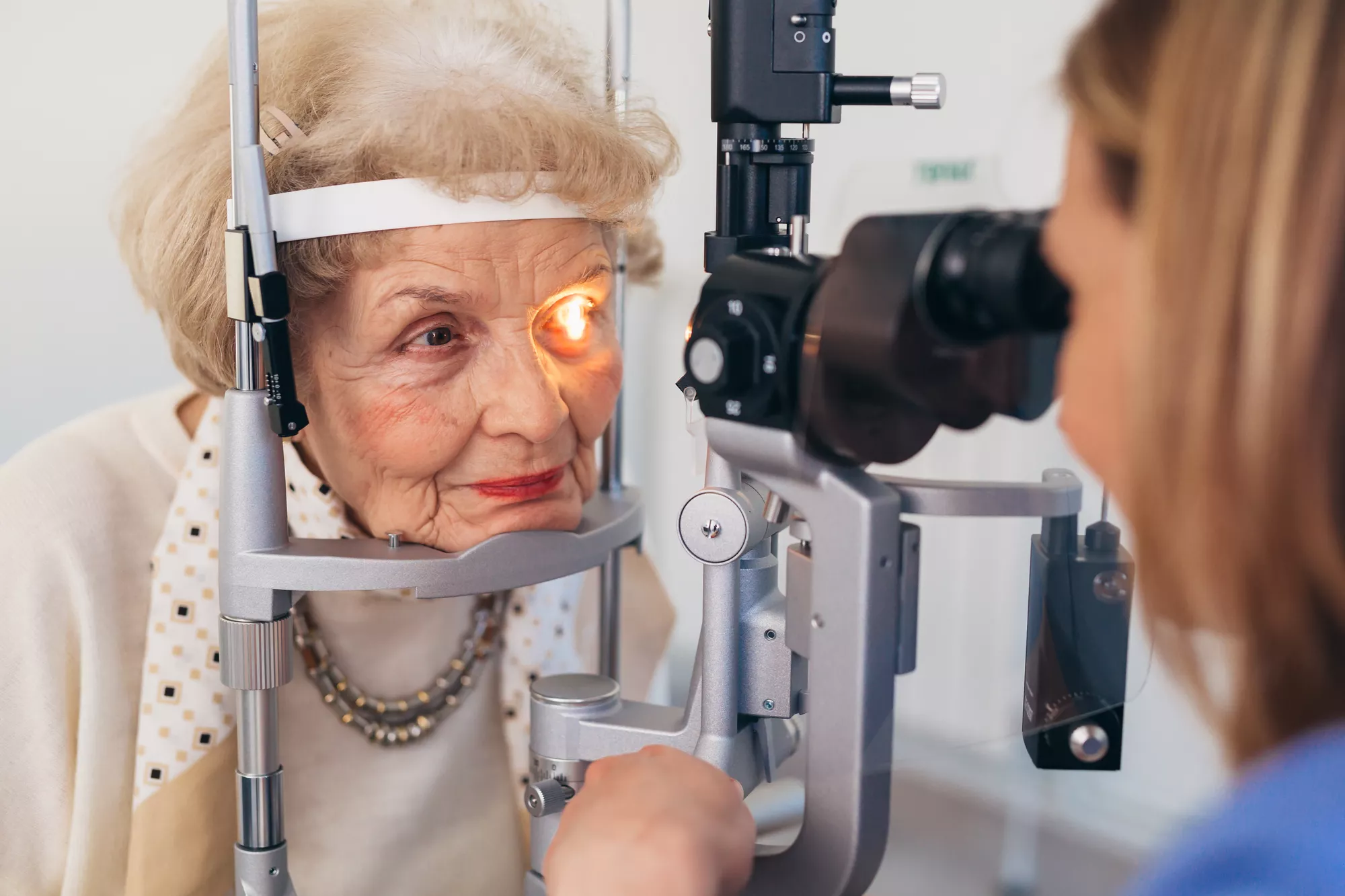Diabetes patients face unique challenges in maintaining eye health, with heightened risks of conditions like diabetic retinopathy. How can they proactively protect their vision and avoid complications? This article outlines five essential diabetic eye care tips specifically tailored for those managing diabetes, emphasizing practical steps to preserve vision and prevent eye-related issues. From regular examinations to dietary adjustments, these strategies are crucial for long-term eye health.
Regular Eye Examinations Are Crucial
For diabetes patients, regular eye examinations are not just recommended; they are essential. These exams should occur at least annually to catch any early signs of potential eye complications. Early detection plays a pivotal role in preventing conditions such as diabetic retinopathy, which can lead to severe vision loss if untreated.

- Early Detection: Comprehensive eye exams can identify changes in the retina that may signify diabetic retinopathy.
- Timely Intervention: Detecting eye issues early allows for timely intervention, which can drastically alter the course of the condition.
- Customized Treatment Plans: Based on examination results, ophthalmologists can develop a tailored treatment plan to address specific needs and prevent further damage.
Maintaining a schedule of regular eye care examinations ensures that any signs of trouble are addressed promptly, reducing the risk of irreversible damage. This proactive approach is crucial in managing the overall health of diabetes patients and safeguarding their vision.
Maintain Blood Sugar Levels
Controlling blood sugar levels is a critical factor in preventing or delaying the onset of diabetic retinopathy and other eye conditions associated with diabetes. Stable blood sugar levels help to minimize the risk of damage to the small blood vessels in the retina, which is a common complication in unmanaged diabetes.
- Regular Monitoring: Frequent blood sugar testing helps track glucose levels and identify patterns that may require adjustments in diet or medication.
- Diet and Exercise: A balanced diet and regular physical activity can significantly influence blood sugar levels, promoting overall eye health.
- Medication Adherence: Following prescribed medication regimens is crucial for keeping blood sugar levels within target ranges.
By maintaining good control over blood sugar, diabetes patients can reduce their risk of developing serious eye conditions. This proactive management is essential not only for eye health but also for preventing other diabetes-related complications.
Monitor Blood Pressure and Cholesterol for Eye Care
Managing blood pressure and cholesterol is just as crucial as controlling blood sugar levels for diabetes patients aiming to preserve their vision. High blood pressure and elevated cholesterol can exacerbate the risk of vascular damage in the eyes, leading to conditions like diabetic retinopathy and potentially severe vision loss.
- Regular Screening: Routine checks of blood pressure and cholesterol levels can help detect any deviations from normal ranges early.
- Lifestyle Adjustments: Incorporating a healthy diet, reducing salt intake, and increasing physical activity are effective ways to manage both blood pressure and cholesterol.
- Medication Compliance: Adhering to prescribed medications for controlling blood pressure and cholesterol is vital for preventing complications.
By closely monitoring and managing these health parameters, diabetes patients can significantly lower their risk of eye diseases and maintain better overall health. This proactive approach is essential in preventing the progression of eye conditions that could lead to vision impairment or loss.
Adopt a Diabetes-Friendly Diet
Adopting a diabetes-friendly diet is essential for maintaining overall health and supporting eye care. Foods rich in key nutrients can help manage blood sugar levels and reduce the risk of eye disease. Leafy greens like spinach and kale are high in lutein and zeaxanthin, antioxidants that are known to help prevent macular degeneration and cataracts.
- Omega-3 Fatty Acids: Found in fish such as salmon and sardines, these fats are crucial for retinal health and may help reduce inflammation.
- Whole Grains: Opting for whole grains over refined grains can help manage blood sugar levels more effectively.
- Nuts and Seeds: These are good sources of vitamin E, which can protect the eyes from oxidative damage.
Including these foods in your diet not only supports your eye health but also plays a significant role in diabetes management. Ensuring a balanced intake of these nutrients can lead to better overall health outcomes and a reduced risk of vision-related complications.
Quit Smoking for Better Eye Health
Smoking has a profoundly negative impact on overall health, and its effects on eye care are particularly severe for individuals with diabetes. The habit increases the risk of diabetic retinopathy, cataracts, and age-related macular degeneration. It can also exacerbate the progression of existing eye conditions, leading to faster deterioration of vision.

- Increased Risk: Smokers are significantly more likely to develop serious eye diseases compared to non-smokers.
- Compounded Effects: For people with diabetes, smoking can accelerate the onset of eye complications due to vascular damage.
- Resources for Quitting: Organizations like the American Cancer Society and SmokeFree.gov offer tools and support to help individuals quit smoking.
Quitting smoking can lead to substantial improvements in eye health and is one of the most effective ways to protect against vision loss, especially for those managing diabetes. Encouraging patients to seek support and utilize available resources can facilitate this critical lifestyle change.
Proactive Steps for Long-Term Vision Health
Taking proactive steps to maintain eye health is crucial for diabetes patients, who are at increased risk for several serious eye conditions. Regular eye examinations, managing blood sugar levels, and monitoring blood pressure and cholesterol are foundational practices that help prevent vision loss. Incorporating a diabetes-friendly diet rich in nutrients like omega-3 fatty acids and antioxidants supports overall eye health. Additionally, quitting smoking can significantly reduce the risk of developing eye diseases. By integrating these eye care tips into daily routines, diabetes patients can safeguard their vision and improve their quality of life. For more detailed information on maintaining eye health and managing diabetes, visit WK Eye Institute.



